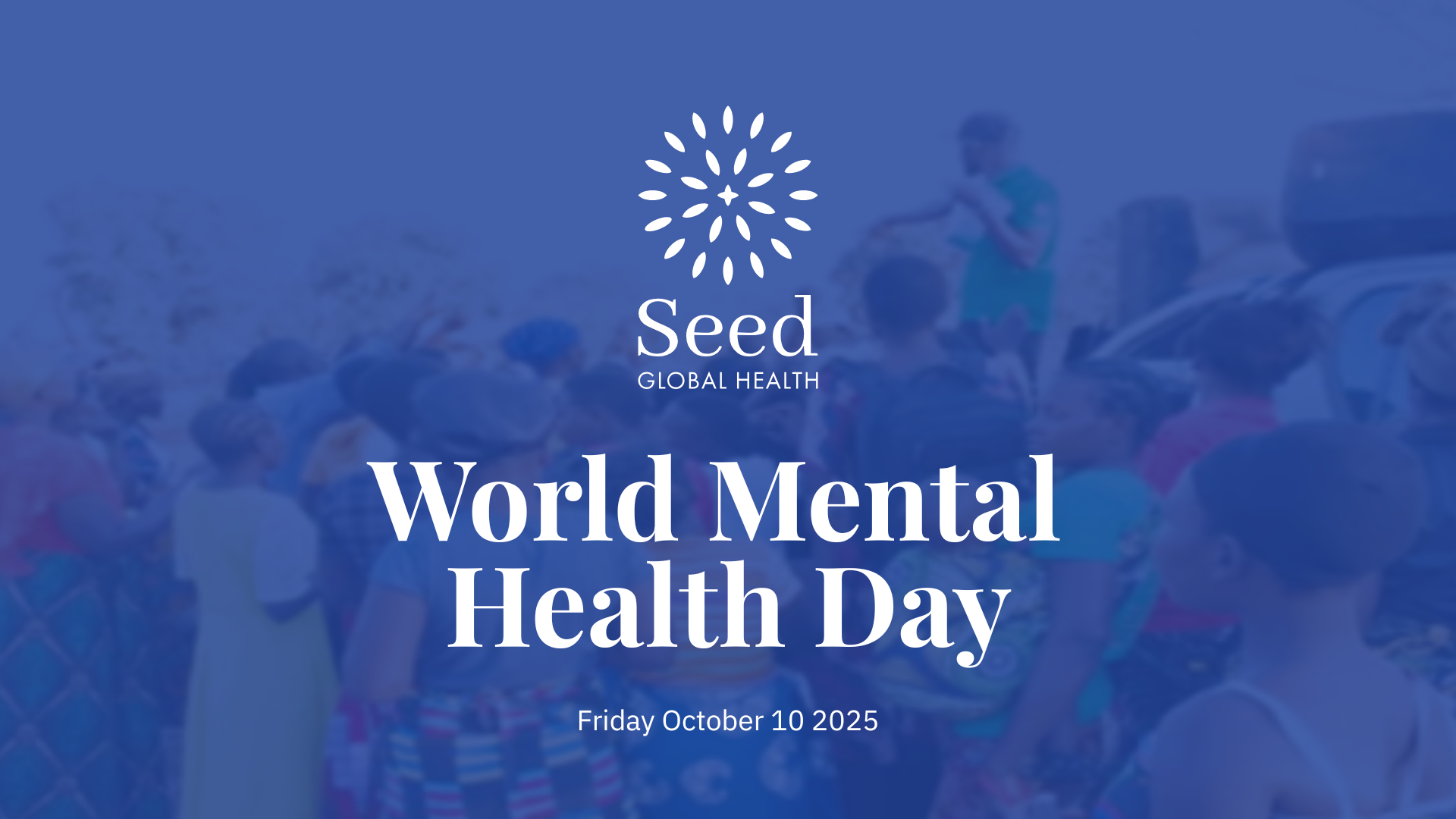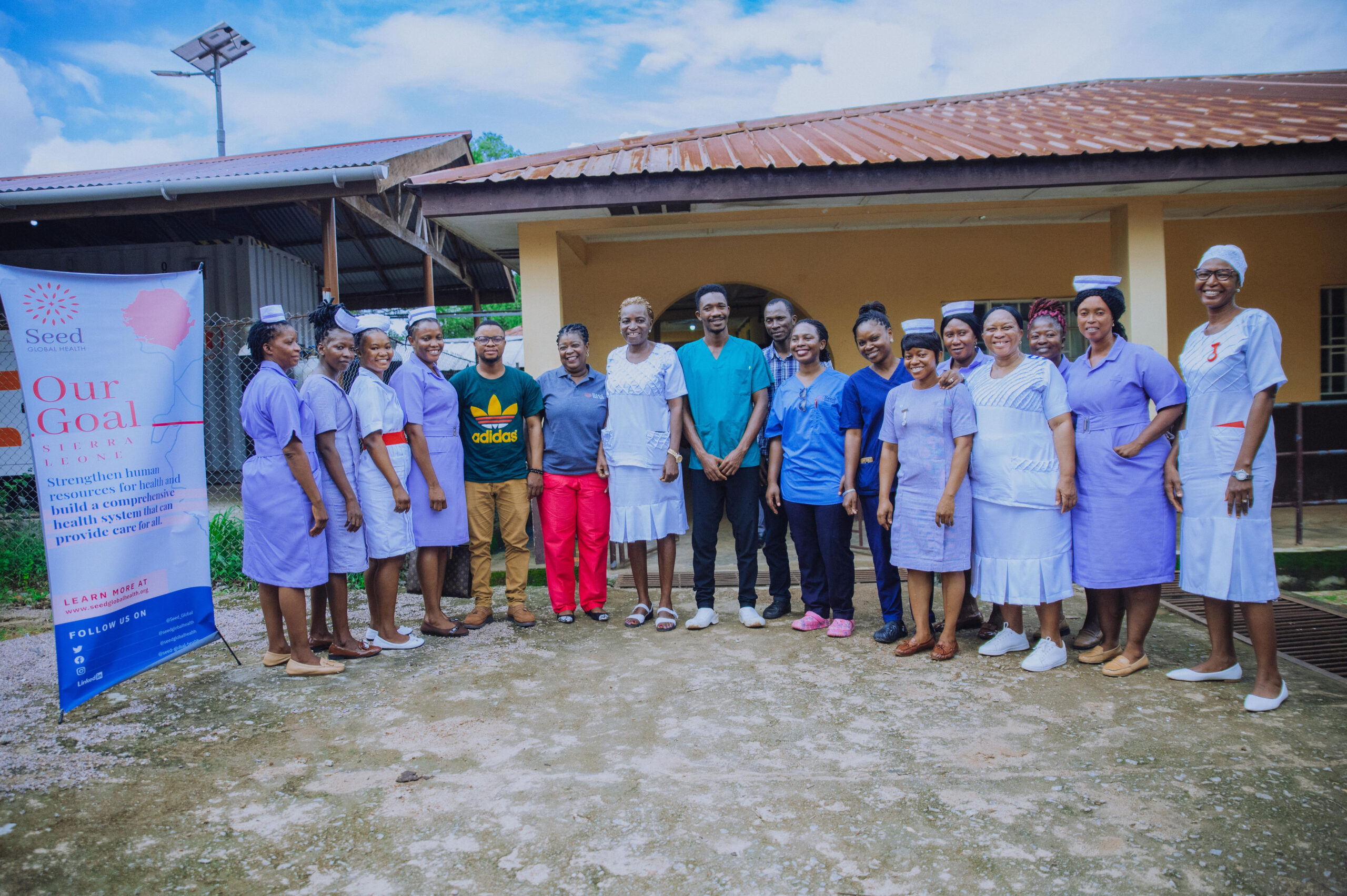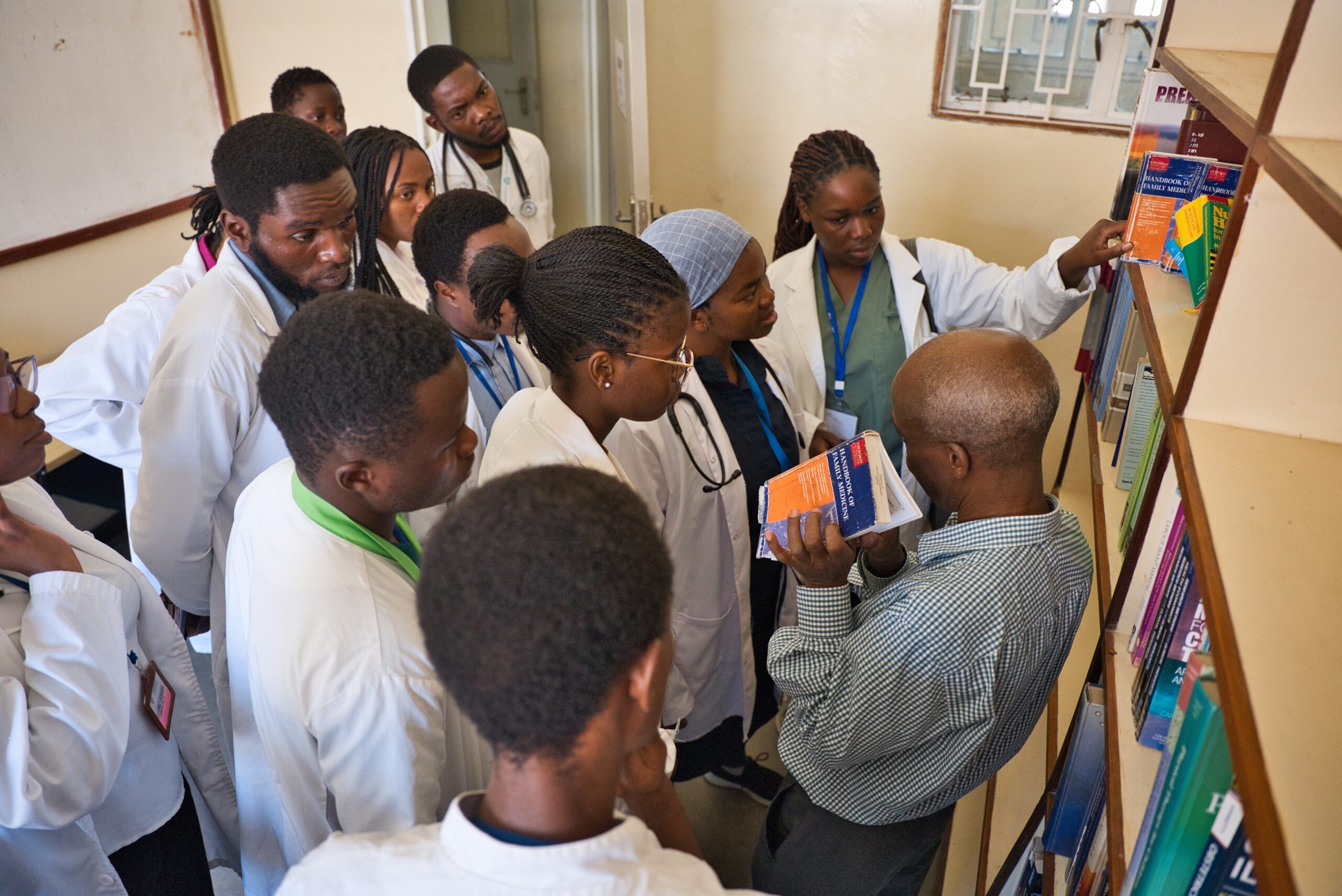
Building a climate-resilient health workforce: Lessons from Malawi’s response to Cyclone Freddy.
Today, the World Health Organization (WHO) has launched a COP29 special report titled Health is the Argument for Climate Action.
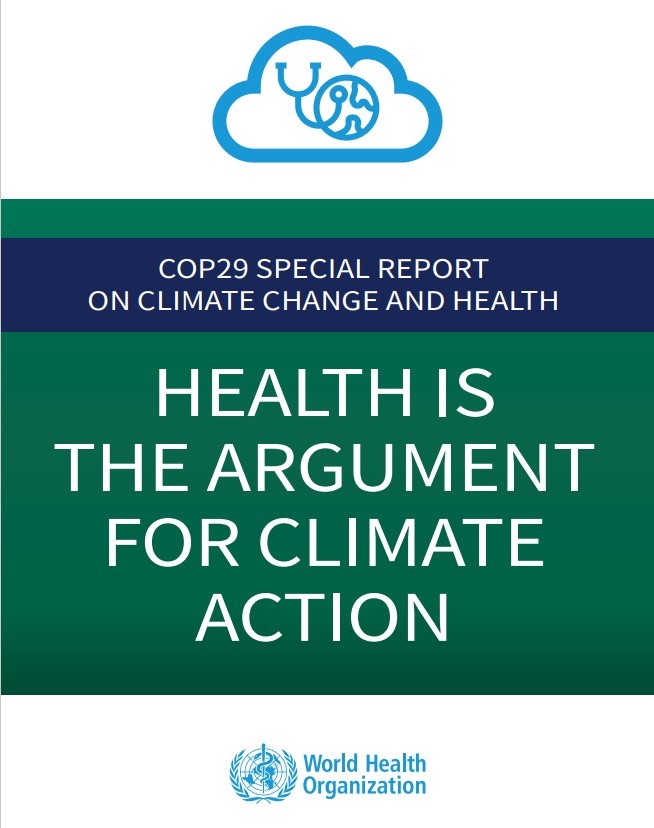
The report is a call to action from 100 organizations and 300 experts who worked alongside WHO and urges governments, policymakers, and other actors to prioritize health in climate change solutions.
In the report, the Malawi Ministry of Health and Seed Global Health’s experience of responding to deadly Cyclone Freddy in 2023 is featured as a case study. As part of Seed’s 2030 Strategic Plan the organization is focused on building a future-ready health workforce equipped to address a range of health challenges, including those linked to climate change.
You can find out more about how we supported the Ministry to respond to Cyclone Freddy below.
The critical role of health workers in climate change adaptation in Malawi
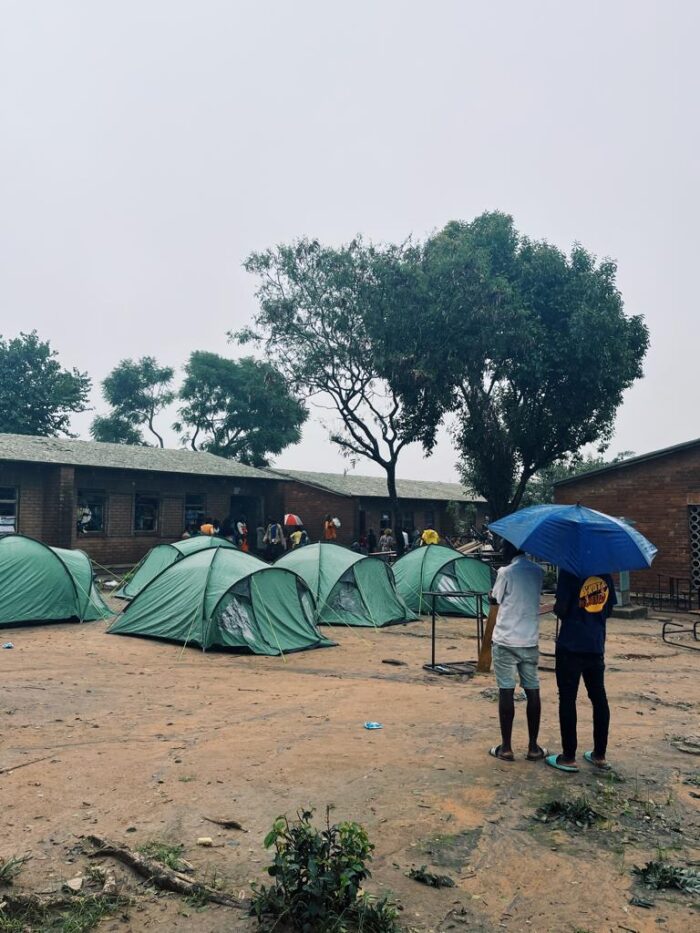
In March 2023, during a cholera outbreak, Malawi was hit by Cyclone Freddy, a storm which caused devastation, killing hundreds, destroying property, and cutting off entire populations from access to life saving care. The government declared a state of disaster, vital water and electricity sources were incapacitated for weeks, health centres were cut off and cholera continued to spread widely. In badly affected Nsanje district, the damage to houses led to displacement of 145,870 people needing shelter to temporary camps.
Seed supported the Ministry of Health and its partners to respond and ensure the delivery of essential health services. Highly skilled family medicine physicians played a key role in the response, leading teams, conducting assessments in camps to identify key challenges, and ensuring the continuity of essential health services.
Around 200 health workers were trained on cholera case management and Seed supported Kalemba Community Hospital to become a comprehensive emergency obstetric and newborn care site.
Health workers were able to perform interventions for pregnant women and newborns experiencing life-threatening complications, including severe bleeding, obstructed labour, eclampsia, and newborn asphyxia. All mothers and newborns, many of whom were referred from smaller health centres in Nsanje, were promptly managed and discharged safely.
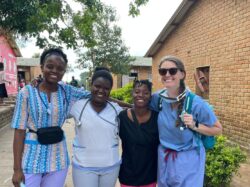
Recognizing this crucial role health workers, and family medicine physicians, can play in transforming health care in Malawi, the Ministry of Health partnered with Seed to develop a ten-year plan to train two family medicine doctors for each of the 28 district hospitals across the country. This will ensure there are skilled health workers in primary care settings, to provide quality care, save lives, and prevent needless deaths in climate-related and other emergencies.
We understand that approaches to managing climate change’s impact on health systems is unique in each country. That’s why we are working closely with partners in our program countries to implement tailored response and adaptation plans. In Malawi, the government is focusing on building a climate-ready health workforce, with Minister of Health Hon. Khumbize Chiponda leading as a recognized advocate for addressing climate impacts on health in country and across Africa.
Hendricks Mgodi, Malawi’s national climate change and human health manager, explains that in their Health Sector Strategic Plan 3 for 2023 to 2030, they have prioritized integrating climate change and health as a key focus area, adding that strengthening the health workforce is central to the country’s climate response strategy.
“Our plan includes developing an inclusive curriculum for health schools, so undergraduates gain essential knowledge on climate and health,” he says. The plan also involves appointing a dedicated climate and health coordinator in every district to ensure focused, community-level action.
Seed Global Health supports these efforts in Malawi, as well as in Zambia, Uganda, and Sierra Leone, with the goal of reducing climate-related health risks and saving lives.
Looking to the calls to action in the WHO COP29 special report on climate and health, we remain hopeful that with strong partnerships, intentional collaboration, and action across all sectors, we can build resilient, climate-ready health systems that protect communities and preserve lives in the face of climate change risks.
